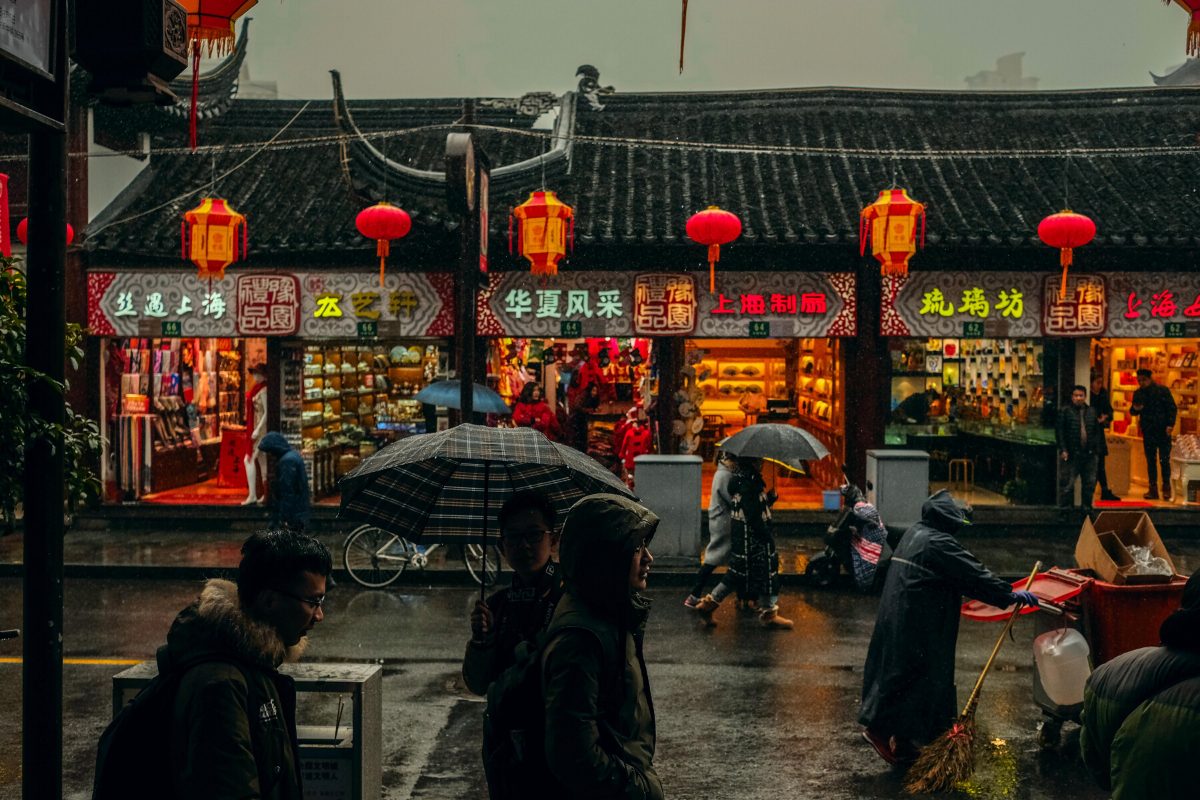
China may face US sanctions due to the national security law it proposed for Hong Kong, according to White House National Security Advisor Robert O’Brien.
He said it is likely that China will face US sanctions if Beijing insists on implementing a national security legislation in Hong Kong. The law can give the Chinese government more power over autonomous Hong Kong.
O’Brien stressed that the draft legislation signifies a takeover of Hong Kong. With this, US Secretary of State Mike Pompeo may not be able to acknowledge that the city exists with a “high degree” of autonomy.
This would develop into US sanctions against China under the Hong Kong Human Rights and Democracy Act of 2019, O’Brien said.
A "death knell"
Pompeo has described Beijing's proposal a “death knell” for Hong Kong’s autonomy. O’Brien added this could also damage Hong Kong's status a major hub for global finance.
“It’s hard to see how Hong Kong could remain the Asian financial center that it’s become if China takes over,” O’Brien said during NBC’s Chuck Todd on “Meet the Press.” He noted that the rule of law that upholds free enterprise and a capitalist system is what makes Hong Kong attractive to the financial services industry.
“If all those things go away, I’m not sure how the financial community can stay there. ...They’re not going to stay in Hong Kong to be dominated by the People’s Republic of China, the communist party.”
Beijing's proposed national security law was introduced during the annual session of China’s parliament, the National People’s Congress (NPC).
The legislation aims to strengthen Beijing’s control over Hong Kong, which was a former British colony that returned to Chinese governance in 1997.
The NPC said it was “exercising the power (of) the constitution to establish and improve at the state level a legal framework and an enforcement mechanism for safeguarding national security in Hong Kong,” said Zhang Yesui, spokesperson for the third session of the 13th National People’s Congress, during a press conference on Thursday evening. “This is highly necessary.”
"One country, two systems"
News agency Xinhua reported that China has been “firmly implementing the principles of ‘one country, two systems,’ ‘the people of Hong Kong governing Hong Kong,’ and a high degree of autonomy” since the return of Hong Kong to Beijing.
The news media was disclosing an explanatory document from Wang Chen, vice chairman of the Standing Committee of the NPC.
“The practice of ‘one country, two systems’ has achieved unprecedented success in Hong Kong,” Xinhua stated regarding the document.
However, “the increasingly notable national security risks” in Hong Kong developed into a “prominent problem” and “activities that have seriously challenged the bottom line of the ‘one country, two systems’ principle, harmed the rule of law, and threatened national sovereignty, security and development interests,” Xinhua noted.
However, the mainland government aims to rule the region due to the anti-government protests.
“Beijing has finally come to the end of its rope in watching the Hong Kong government not really be able to manage effectively the democracy activists,” said Elizabeth Economy, C.V. Starr senior fellow and director for Asia Studies at the Council on Foreign Relations.






